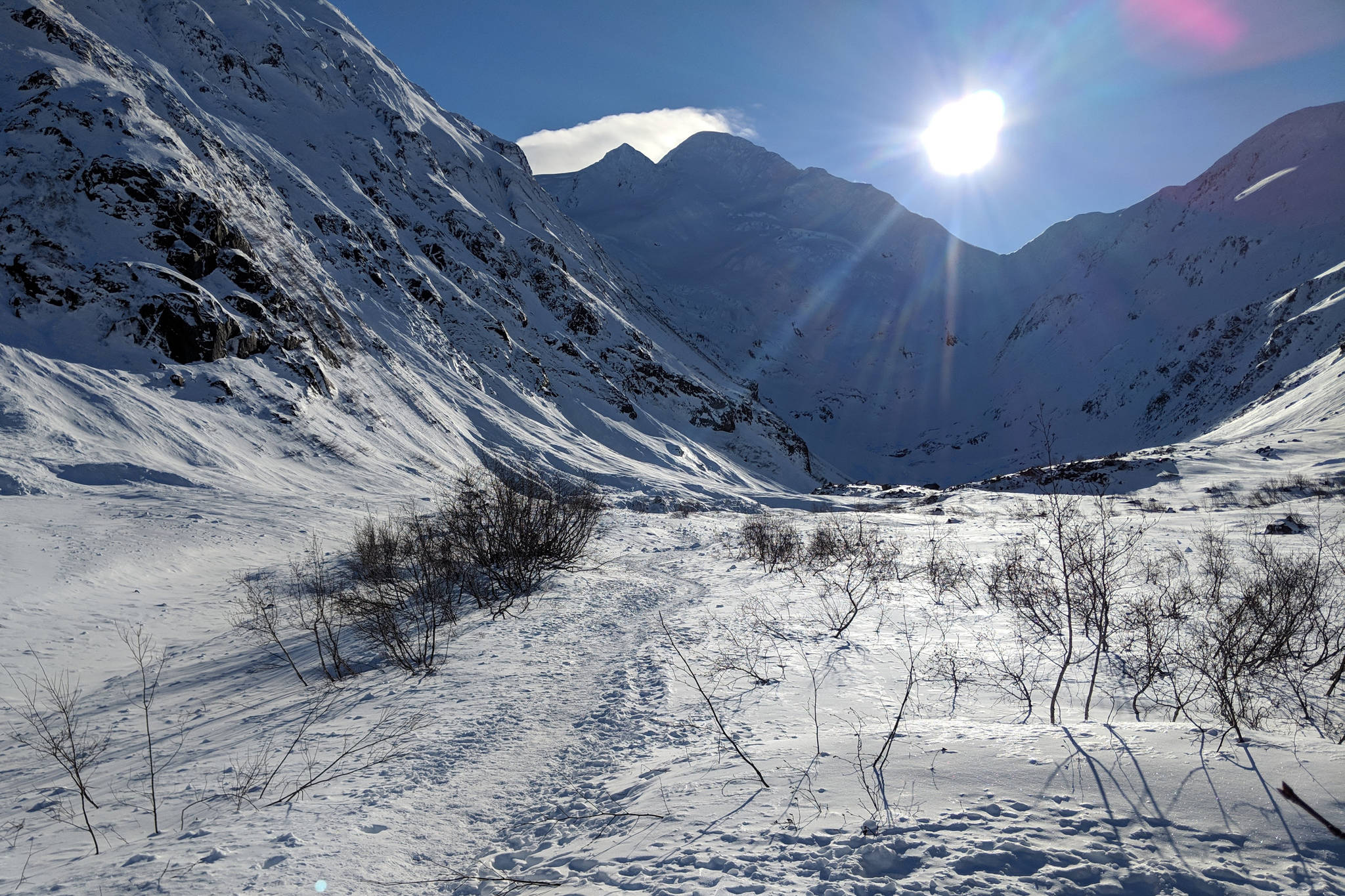I believe conservative columnist Cal Thomas recently missed the mark when he declared young people are indoctrinated to become environmental activists and that “climate change is simply the latest fad, like tattoos and body piercing.”
It’s true, millions of young people across the planet are peacefully expressing their concern over the state of our rapidly warming planet. Perhaps the concerns of young people arise from the fact that they read a newspaper without skipping the science articles. Perhaps they also know they will bear the brunt of the social and economic chaos headed our way unless we move, quickly, to reduce our greenhouse gas emissions.
In Soldotna, when I was growing up in the ’50s, first frost usually blackened our potatoes and zucchini by the time we took the bus to the territorial school in Kenai on the day after Labor Day. September offered glorious autumn sunshine and frosty nights, perfect for berry picking and jam-making. The seasonal fragrance of highbush cranberries and the smell of silt-covered spawned-out salmon caught in grassy divots along the riverbank wrinkled our noses.
November brought ice skating on lakes and the Kenai River froze up tight between Thanksgiving and Christmas and slumbered until April. January often remained at -35 degrees for two or three weeks, sometimes interrupted by a warm chinook wind that brought temperatures above freezing for a couple of days.
Winter was not easy, especially before we got electricity. When the weather occasionally dipped to -45 degrees people basically hunkered down and fed the woodstove. If they had to go to work, folks got creative. Batteries and/or drained oil were brought indoors overnight. The invention of ‘starter fluid’ (which was squirted directly into the carburetor) was welcomed, and often quite exciting to watch. In the mid-1950s HEA brought power and when plug-in block heaters were invented stress levels dropped across the peninsula.
By St. Patrick’s Day, a warm spring would mean canning up the remaining moose meat, hung outdoors, which had become sensitive to sunny afternoons. Breakup happened in April and school grounds were often muddy until late May, when we were released to help with planting gardens with seeds that had to produce within 90 days.
We have now witnessed great changes. We are losing our winter. Last November saw temperatures in the 40s and spring came nearly a month early. The river froze over thinly and briefly, for only a couple of weeks, lacking enough days at zero or below to hold. Warmer weather is making the peninsula drier. We have lived through two major forest fires since 2014 and bark beetles are back with a vengeance.
A few of our longtime family friends are having difficulty acknowledging climate change and our individual and collective contributions to it. In the ’50s, people driving to Anchorage could still glimpse Portage Glacier from the highway. A scientist recently studying melting glaciers in Iceland found a certain amount of denial among people she interviewed. She concluded that the devastating “contemplation of loss plays a strong part in answering why some Icelanders, produce and cling to, contrary narratives of glacier change. It makes it easier than taking a hard look at what is quite unthinkable.”
But if we have noticed changes in the climate where we live, and if we are willing to believe the scientific evidence, there is much that can be done. First, we can identify changes, great or small, that we can make in our own lives. Then we can join with our neighbors to see what we can accomplish together. I have found the antidote to my personal “climate despair” to be climate action. Many Alaskans feel a strong sense of responsibility to everyone’s children and grandchildren.
People of all ages are invited to join us at the Soldotna Library on the last Thursday of the month, at 5:30 p.m., to discuss hopeful, positive actions we can take locally. April 25th’s topic is Energy. We will be exploring what might be possible in our area, with a panel of local experts, informed by the work of scientists who produced the book of climate solutions known as Drawdown.
Contact laura@inletkeeper.org for more information. If you would like to help with the Earth Day celebration planned for Saturday, April 20, 1-4 p.m. at the Soldotna Library get in touch with evaknutson@gmail.com.

